As Shōgun wins big at the Emmys, a Japanese historian reveals major historical inaccuracies, challenging its portrayal of samurai culture.
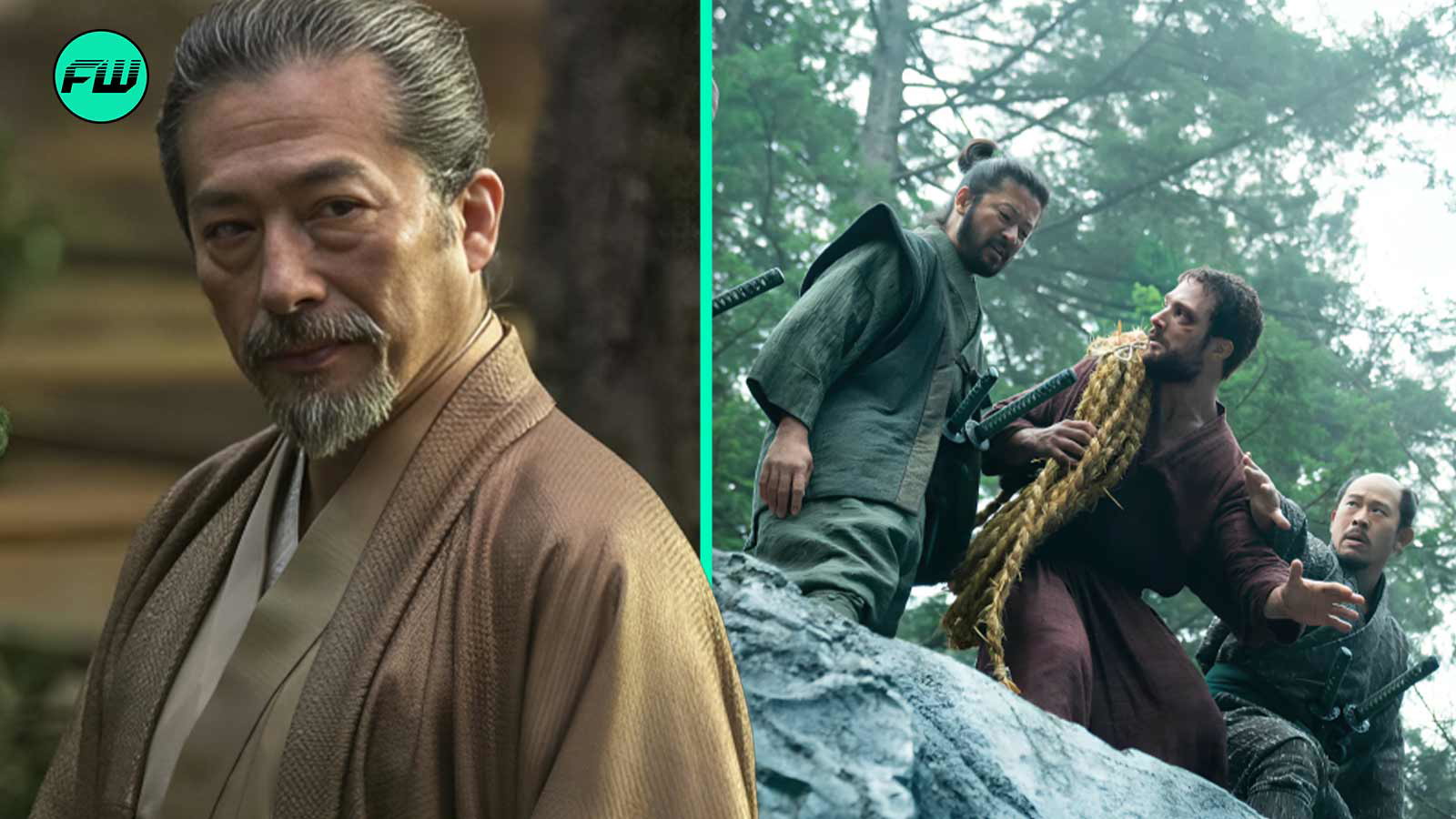
Rachel Kondo and Justin Marks’ historical drama series, Shōgun, was the winner of the night as it swept the Creative Arts Emmy Awards on Sunday night. Nominated in over 25 categories, the series won 14 awards in total, the most for any series for one season in history, and can win more when the main Emmys ceremony is held on September 15.
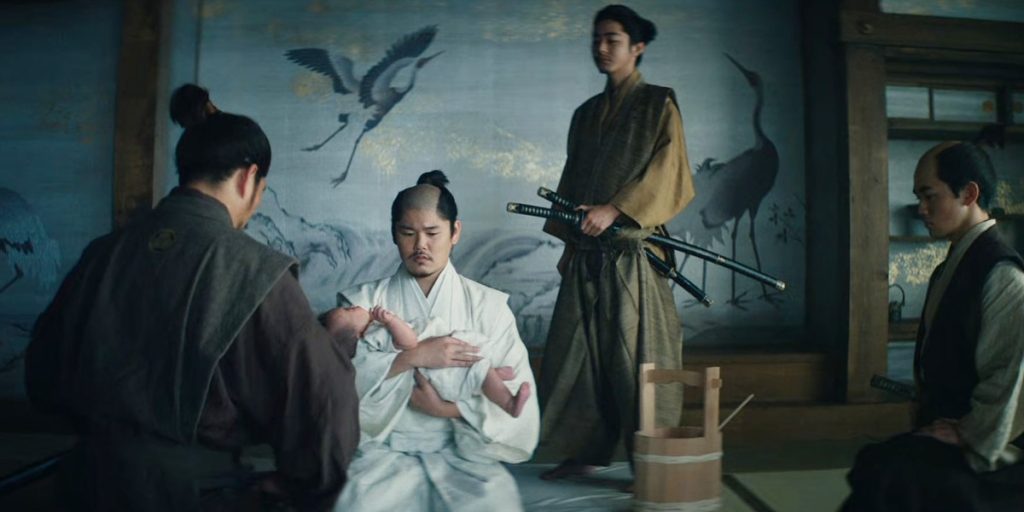 Shōgun | Credit: FX/Hulu
Shōgun | Credit: FX/Hulu
One of the highest-rated historical drama series of all time, the show has consistently shocked viewers and critics with its storyline, plot, direction, and more, making it a fan favorite. While many applaud it for apparently being true to ‘history’ a Japanese historian recently pointed out several inaccuracies that we had no idea about.
Shōgun Bags 14 Awards at the Creative Emmy Awards
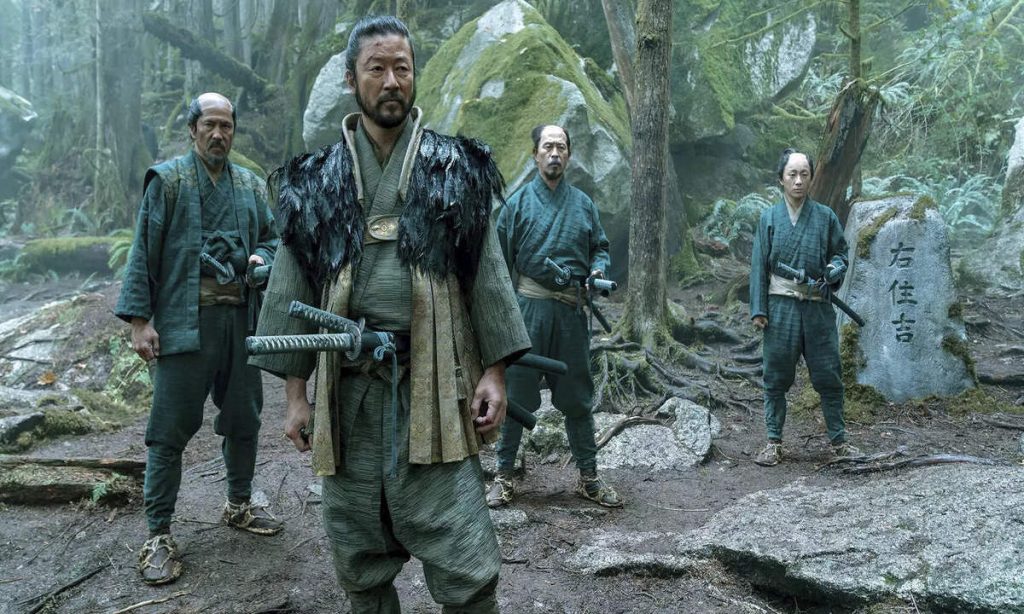 Shōgun has won 14 Emmys so far | Credit: FX/Hulu
Shōgun has won 14 Emmys so far | Credit: FX/Hulu
When the Hiroyuki Sanada-starrer Shōgun was announced, many anticipated it might be a masterpiece in the making. And it certainly has turned out to be so considering the widespread critical acclaim it has received for nearly every aspect of the show, ranging from acting, directing to visuals and faithfulness to its source material.
Based on the 1975 novel by James Clavell, has an impeccable rating across different sites from fans and critics alike (see Google). And so when it received a total of 25 nominations at the Emmy Awards, many expected the series would hit it big, which it certainly did.
On the second night of the Creative Arts Emmy Awards, just a single season of the series ended up winning a whopping 14 awards in total and might even win more at the main Emmy ceremony being held on September 15. Winning in various categories that included costumes, makeup, stunts, editing, cinematography, and more, it broke the previous record held by the 2008 limited series John Adams.
Furthermore, setting a new record, the series companion movie/documentary The Making of Shōgun went on to bag another Emmy in the Short Form Nonfiction or Reality Series category (via Entertainment Weekly). As the cast and crew as well as the fans of the series celebrate this monumental win, a Japanese historian recently pointed out several historical inaccuracies in the show, which makes us see the series in a new light.
Japanese Historian Exposes Shōgun‘s Historical Inaccuracies that Will Leave Fans Shocked
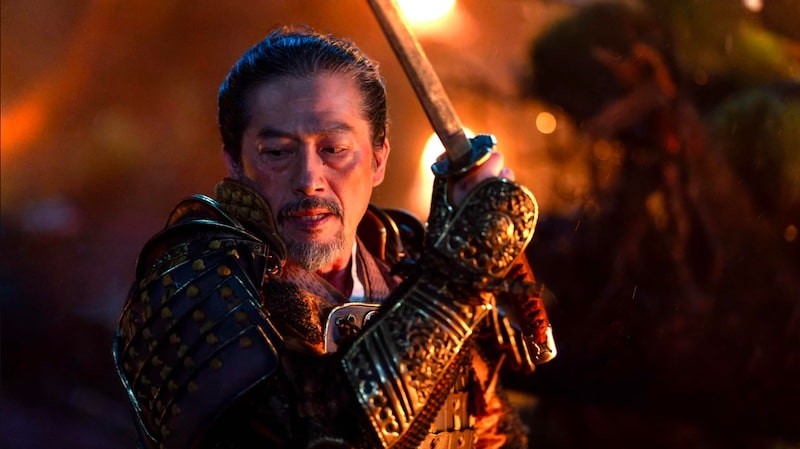 Japanese Historian points out several historical inaccuracies in Hiroyuki Sanada-starrer Shōgun | Credit: FX/Hulu
Japanese Historian points out several historical inaccuracies in Hiroyuki Sanada-starrer Shōgun | Credit: FX/Hulu
Shōgun is based on written text, a book to be exact. So when it was under production, fans of the book hoped it would remain true to its source, which it has largely turned out to be. However, this does not mean the historical drama series is true to history, as many believed it was as far as the reviews go (see THR).
Recently a Japanese historian, Toshi Kahara pointed out in a written feature in the Japanese news outlet, President (via Reddit), the many inaccurate depictions of history the series has. Kahara pointed out that while even the architecture was inaccurate, the most controversial depiction of the show was Samurais drawing out their swords too often.
Realistically, bushis rarely drew their swords unless it was absolute necessary. In the Edo period, if a samurai thoughtlessly drew his sword and cut someone, his bloodline will be cut off or be sentenced to commit seppuku.
Although the show featured Samurais before the Edo period, them drawing out their sword every so often is controversial and problematic nonetheless. Furthermore, the historian revealed Samurais didn’t commit seppuku that easily or that often. Hailing the notion that Samurais committed seppuku often is a Western construct, he also pointed out how the ship crew being abused and boiled was something that rarely ever happened.
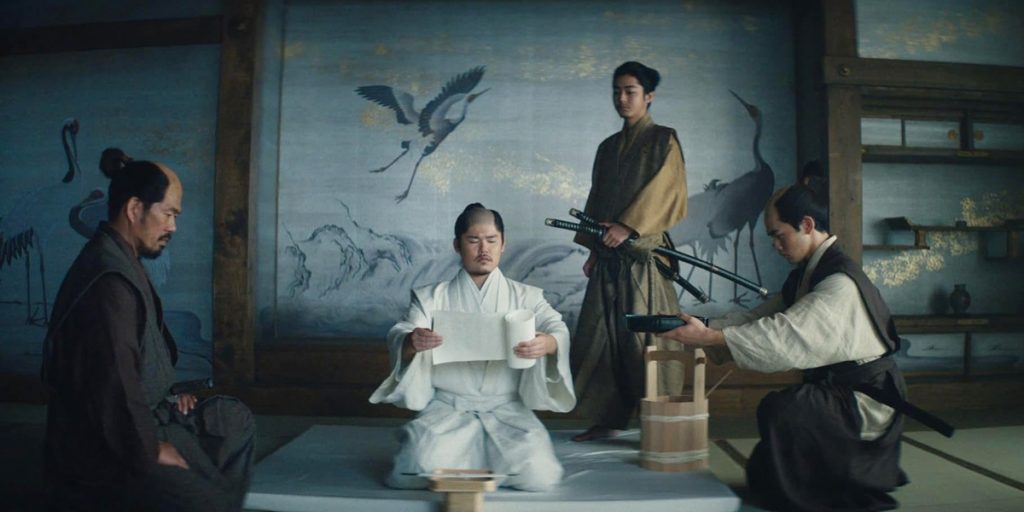 Seppuku scene in Shōgun | Credit: FX/Hulu
Seppuku scene in Shōgun | Credit: FX/Hulu
Even the book it is based on had several historical inaccuracies, given how the author based most characters on real historical figures, with John Blackthorne being closely based on the accounts of the English Navigator William Adams. Labeling Harakiri and Geisha as more than just stereotypes, the historian further pointed out the series’ depicting Shōgun as a prominent title, when in reality it was Kampaku (advisor to the Emperor) which was much higher in rank and difficult to ascend to.
Also calling out the show for presenting Japan and Japanese people and customs of that time as barbaric for mere dramatic effect, Toshi Kahara did not hold back in expressing his discomfort with the show. Having pointed out several other problems with the series, his account will certainly shock fans and critics, who were now heralding it for its largely historically true nature.
With two more seasons on the way (via Deadline), only time will tell how the series will fare and whether or not it will take such criticism into account and mend its approach.
Shōgun is available to be streamed on Disney+.


